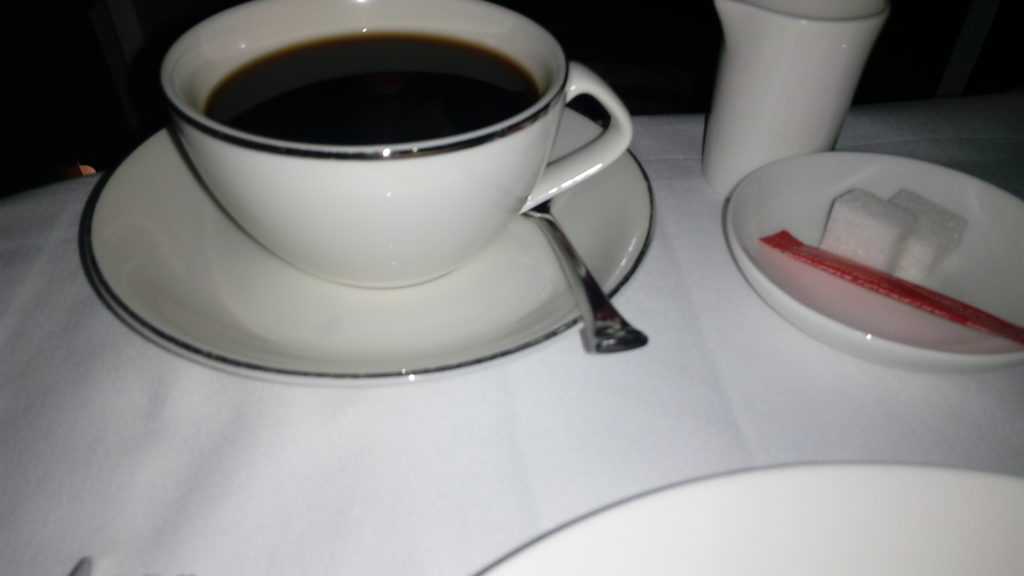I recently received a promotional email from a hotel apartment complex, and I noticed that the cheapest accommodation option was a “superior room”.

Now, being the pedant I am, I double-checked the meaning of “superior” in the dictionary*. And, pretty much as I expected, it said: “Higher in rank, status, or quality.”
Natually, I thought, if the minimum product available is superior, what is it superior to?
Meanwhile, at my local coffee shop, the smallest size available is a “large”. If I ask for a small coffee (which, to me, is the one they call large on the basis than it’s smaller than the huge and mega sizes that have Italian-sounding names), I get a puzzled look.
Hyperbole is nothing new in the tourism and hospitality industries — or, indeed, in other aspects of our everyday life. Often it is almost as if the advertising is designed to disappoint or confuse: the burger illustrated on the signage looks much bigger than the one you get from behind the counter. (And yet we keep going back.)
Of course, these are all tools in the marketer’s macrame bag. They try to convince us that we are getting something special or something more than we’re paying for, when that’s usually not the case.
However, I still wonder: is there anybody’s who’s prepared to cut through the disingenuous nonsense and introduce some plain-talking in their pitches? (“The room is small, but it’s clean and cheap.” “The superdooperhyperchino is much more coffee than you really need.” “It’s not fancy, but it’ll do the job.”)
If so, I’m listening.
*Actually, I googled it.
